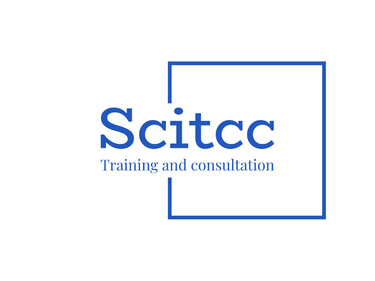
Certificate in Finance and Applied Accounting
Certificate in Finance and Applied Accounting
$3500.00
Certificate in Applied Finance and Accounting (for 5 days)
Day One: Introduction to Finance and Accounting
Definition of finance and accounting and their importance in institutions.
The difference between financial and managerial accounting.
Basic accounting principles (the concept of double-entry bookkeeping).
Understanding the accounting cycle.
Reading the basic financial statements:
Balance sheet.
Income statement.
Cash flow statement.
Day Two: Recording financial transactions and preparing financial statements
How to record daily transactions (journals).
Posting to the ledger.
Preparing the trial balance.
Preparation of the final financial statements.
Common mistakes in accounting entries and how to correct them.
Day Three: Financial Analysis
Familiarization with financial analysis tools:
Financial ratios.
Horizontal and vertical analysis.
Applying financial analysis to understand the company's performance.
Reading financial data to analyze profitability, liquidity, and efficiency.
Case Study: Financial Analysis of a Virtual Company.
Day Four: Budget preparation and cash flow management
Understanding the concept of budgeting.
How to prepare an effective budget estimate.
Cash flow management:
Improving cash management.
Planning future cash flows.
Assistive technology tools in financial accounting.
Day Five: Practical applications and case studies
Solving practical case studies in accounting and finance.
Practical application of preparing and analyzing financial statements using programs like Excel or other accounting software.
Submitting and evaluating final projects.
Professional tips for developing your career path in finance and accounting.
Course objectives:
Understanding the basics of finance and accounting and how to apply them in the workplace.
Developing skills in the preparation and analysis of financial statements.
Improving financial analysis skills and data-driven decision-making.
Preparing participants to manage financial operations with high efficiency.
Enhancing efficiency in using financial technology (such as Excel and accounting software).
Target audience of the course:
Beginner accountants who wish to improve their skills.
Graduates of commerce and finance colleges who wish to enter the job market.
Employees who work in management and finance and wish to enhance their financial knowledge.
Businessmen and small business owners who need to understand accounting to manage their businesses effectively.
Learning method:
Theoretical learning: Through explanations and presentations to clarify the basic concepts.
Practical learning: Practical applications using accounting software and daily exercises.
Case studies: Realistic analysis of financial and accounting scenarios.
Group workshops: Encouraging interactive discussions among participants.
Evaluation: Daily short quizzes and a final practical project.


